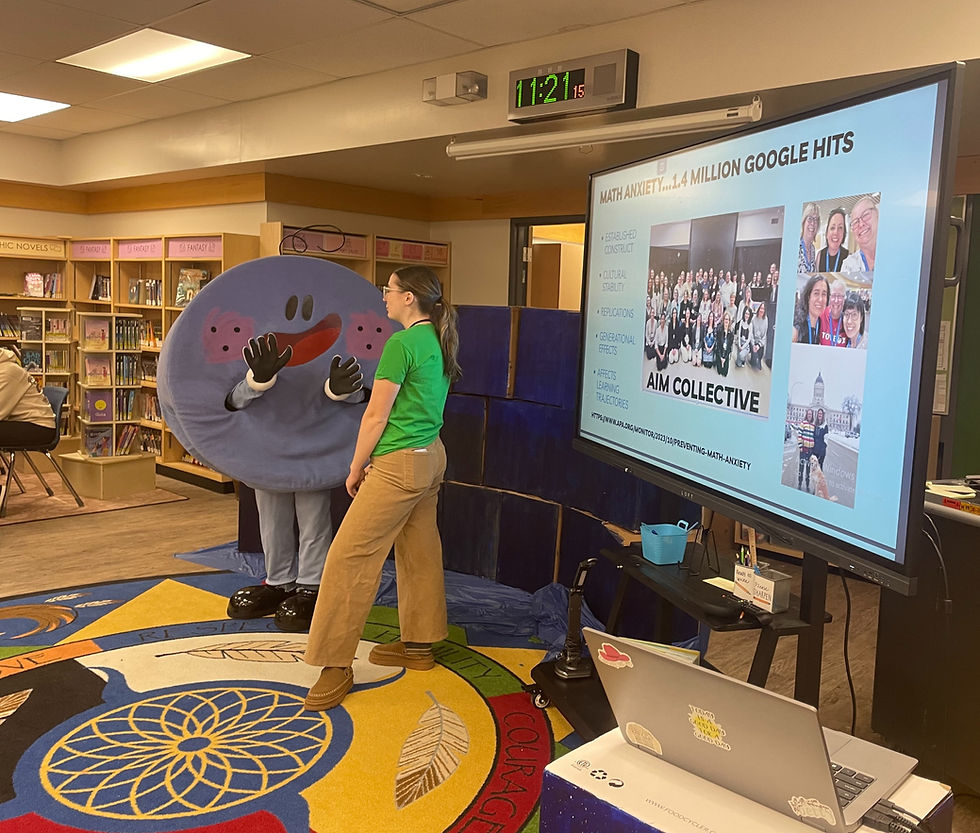What have we done to boost participation and ensure diversity within the ToyBox Manitoba project?
- Dr. Sheri-Lynn Skwarchuk

- Jan 12, 2021
- 2 min read
Updated: Feb 9, 2021
ToyBox Manitoba is original. No such program currently exists in Canada, connecting ideas for caregivers in one package. Strategies include Canadian content, based on the lived experiences of a diverse group of contributors, ensuring Indigenous representation.

This project is free to access, and is most suitable for caregivers and their two-to-eight-year-old children. Older children and adults with special learning needs, and early home care providers are additional populations that may benefit from the activities.
The goal is for caregivers to access the already-developed, existing strategies and playful images while at home with children. Some of the strategies focus on keeping children engaged with important content practice and knowledge. For example, one literacy strategy called ‘Rhyme Time,’ encourages children to find words and phrases that rhyme. A numeracy strategy called ‘Fingers and Toes’ recommends counting and adding the child’s fingers (small level) and figuring out multiples of fingers/toes for the family (large level).
Wellness strategies are provided alongside academic content; if families focus on wellness practices, they will have the strength to take on the other strategies. ToyBox Manitoba empowers caregivers to feel capable and worthy, and to have courage to raise children, especially during these difficult isolating times. Accessing mental health support can be difficult to obtain immediately, and sustain long term. Wellness strategies are provided for caregivers (some strategies may be modeled for children), substantiated by research. Wellness strategies are grounded in principles of self-care, such as the ‘Permission to Rest,’ ‘Eat Your Carrots’ or ‘Play Some Dance Tunes.’
Finally, team leader Dr. Skwarchuk has connected with approximately ten Indigenous communities during on-line Fall university coursework; and Head Start coordinators from rural/northern Manitoba have been involved in developing ToyBox Manitoba strategies. Strategies that were developed by northern Indigenous educators and include making bannock, partaking in a family sharing circle, talking about the medicine wheel and counting in Cree/Ojibway, supporting the University of Winnipeg’s Indigenization processes; and Calls to Action #5 and #12 from Canada’s Truth and Reconciliation Commission (2015) relating to the development of culturally appropriate parenting programs and early childhood education. An Indigenous Elder will review strategies to identify any cultural sensitivities with existing content. The involved Indigenous childcare leaders are already excited to support their communities-most currently in lockdown, with the strategies, and they are looking for the resources to be involved and help out. Consequently, we will print 500 copies of the strategies for distribution in these rural/northern communities as allowed. Other communities could be added, but the goal is to start in communities with existing contacts, who know how to reach and support isolated families.








Comments